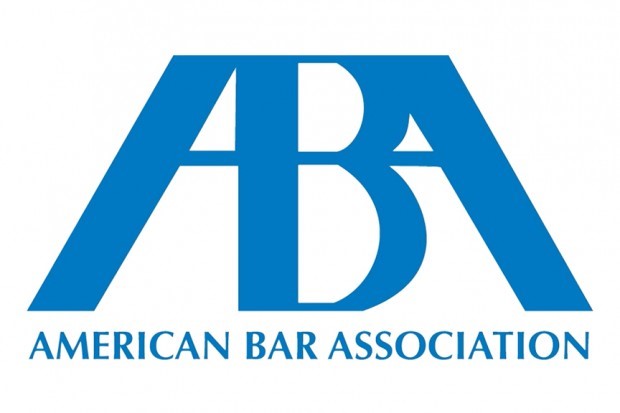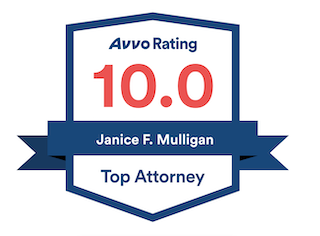Nursing Home Injury
Selecting the right nursing home for your loved one is not an easy task. It requires placing an immense amount of trust in a facility to select quality staff, put procedures in place to ensure patient safety, and supervise staff to ensure the procedures are followed. Nursing home websites and brochures claim that quality care will be provided and you will be kept informed.
Unfortunately for many Californians, these claims prove false, and their trust is betrayed. When egregious mistakes, understaffing, or intentional harm affects the health or safety of your loved one, you should consult an attorney that understands California nursing home law and California nursing home lawsuits.
Common claims made by patients or their families through California nursing home lawyers include:
-
- Neglect
- Understaffing
- Dehydration or Malnutrition
- Wrongful Death
- Improper Medication
- Failure to Treat
- Failure to Seek Physician or Hospital Care
- Lack of Supervision
- Pressure Sores / Bedsores
- Elder Abuse
- Dependent Abuse
How do you know if the nursing home you trusted with the care of your loved one has violated the law? And what are the rights of the patient and their family? These answers usually begin with an analysis of the type of home.
There are several different categories of nursing homes in California. Each has its own licensing and certification requirements. Different staffing levels and hours of staff time per patient may apply to different categories. And each is appropriate for a different level of need or disability or your loved one. Several of the more common home types are:
Residential Care Facilities for the Elderly (RCFEs) are licensed and inspected by the Community Care Licensing division of the California Department of Social Services. They are sometimes called “Assisted Living Facilities.” RCFEs are non-medical facilities as they are not required to have medical professionals, such as doctors and nurses, on staff. A common concern with RCFEs is that they may admit patients who require a greater level of care than they can provide.
Intermediate Care Facilities (ICFs) are medical facilities that can provide a greater level of care than RCFEs. They are licensed by the California Department of Public Health to provide supportive care and nursing supervision, though patients do not receive continuous care by licensed nurses.
Skilled Nursing Facilities (SNFs) are the most common type of nursing home in California. They are medical facilities that provide “skilled nursing” and supportive care to patients for extended periods of time. They are licensed and inspected by California Department of Public Health.
Continuing Care Retirement Communities (CCRCs) may provide independent or assisted living on a long term basis, combined with nursing care. The California Department of Social Services provides oversight to these facilities. If the facility claims to provide skilled nursing, licensing and inspection is required by the California Department of Public Health.
Homes that request payments from Medicare and Medi-Cal are also required to meet the standards and certification requirements of those government programs.
Our firm is familiar with the laws and rights of patients and their families applicable to California nursing homes. We are experienced in expressing your claim to nursing homes in a way that achieves results. And when diplomacy fails, we aggressively and ethically litigate your nursing home lawsuit.
If you suspect your loved one has been a victim of nursing home negligence, nursing home abuse, elder abuse or nursing home wrongful death, please contact the California nursing home lawyers at our firm to discuss your concerns.











